Good morning, It’s Wednesday, February 12th. In today’s news, Trudeau appoints Canada’s new ‘fentanyl czar,’ Liberal-linked aid group received nearly $180 million in taxpayer funds, Freeland to announce plan to cap grocery profits, 95% of countries miss UN deadline to submit 2035 climate pledges, and much more.
First time reading the daily blend? Sign up here.
Trudeau’s Fentanyl Czar: A Serious Crackdown or Political Theatre?
Justin Trudeau’s government has appointed former RCMP deputy commissioner Kevin Brosseau as Canada’s new “fentanyl czar,” a role created in response to U.S. demands to curb the flow of fentanyl into North America. This move, part of a broader $1.3 billion border security plan, is designed to avert Trump’s looming 25% tariffs on Canadian exports. Brosseau is tasked with dismantling fentanyl trafficking networks and strengthening collaboration with U.S. law enforcement. But given the Trudeau government’s track record, is this a genuine effort to combat organized crime or just another PR stunt to appease Washington?
Canada’s financial institutions, long accused of lax anti-money laundering enforcement, now face heightened scrutiny under this new initiative. Plans to designate cartels as terrorist organizations could have far-reaching consequences, particularly for banks and real estate markets that have been accused of facilitating fentanyl-linked money laundering.
However, the biggest question remains: Can Trudeau’s law enforcement agencies be trusted to lead this charge? The government’s history says otherwise. The Cameron Ortis scandal exposed deep corruption within the RCMP’s intelligence branch, with Ortis found guilty of leaking sensitive law enforcement data to criminal organizations. The SNC-Lavalin affair showcased how Trudeau’s inner circle interfered in a criminal case to protect political allies. These are not isolated incidents—they reveal a systemic rot within Canada’s institutions.
If Ottawa were serious about tackling the fentanyl crisis, it would seek leadership from experts like investigative journalist Sam Cooper or former RCMP intelligence official Gary Clement, both of whom have extensively studied cartel money laundering in Canada. Instead, the government has placed a career bureaucrat at the helm, raising doubts about whether this initiative is about results—or optics. Source.
Liberal-Linked Aid Group Received Nearly $180 Million in Taxpayer Funds
Cuso International, a Canadian international aid group, has received nearly $180 million from Global Affairs Canada (GAC) since 2015, yet its leadership is stacked with Liberal Party donors and insiders, raising serious concerns about political favouritism in the distribution of taxpayer funds.
At the helm is CEO Nicolas Moyer, a longtime Liberal supporter who once sought a nomination under Prime Minister Justin Trudeau. Moyer has personally donated over $9,000 to the Liberals, and his leadership has coincided with Cuso International receiving the bulk of its funding from the federal government. Meanwhile, Board Co-chair Lori Spadorcia has contributed more than $13,000 to the Liberals and has a history as a Liberal staffer. Board member Denise Amyot held senior positions under Liberal Prime Ministers Jean Chrétien and Paul Martin and publicly praised Trudeau’s 2017 budget. Another key figure, Rosemary McCarney, was appointed by Trudeau as Canada’s UN Ambassador for Nuclear Disarmament.
In total, at least four senior figures at Cuso International have donated significant sums to the Liberal Party, collectively contributing over $11,000, while Spadorcia’s alone tops $13,000. The organization has been awarded nearly $180 million in government funding under the Trudeau government, with GAC contributions accounting for up to 69% of its revenue in some years. When including funds dating back to 2007, the total taxpayer money funnelled into the group nears $289 million.
Beyond the financial entanglements, Cuso International’s projects align almost seamlessly with Liberal policy priorities—diversity, equity, inclusion, gender equality, and climate change. One example is the “Blueprints for Gender Equality” initiative, which received $2.5 million from GAC to promote gender-responsive governance in small Caribbean nations. These are not broad humanitarian aid projects but highly ideological initiatives that mirror the Trudeau government’s agenda.
Despite repeated inquiries, Cuso International declined to respond regarding its funding and leadership’s political contributions. This silence only fuels concerns that taxpayer dollars are being funnelled into organizations led by Liberal loyalists under the guise of international aid.
This case exemplifies the deep entanglement between government funding and political influence, raising critical questions: Is foreign aid truly about helping the world's most vulnerable, or is it a taxpayer-funded vehicle to support a network of Liberal insiders?
Freeland to Announce Plan to Cap Grocery Profits
Chrystia Freeland, now vying for the Liberal leadership, has unveiled a plan to cap grocery store profits on essential food items. The proposal, wrapped in the usual rhetoric of affordability and fairness, is nothing more than another government power grab disguised as a solution to rising food prices.
Canada already has a system of government price control over agricultural products through supply management, which dictates how much farmers can produce and at what price they can sell. But for Freeland, this level of control isn’t enough. Now, she wants to extend that power to dictate how much grocers can charge consumers. It’s not just producers being strong-armed by government mandates—it’s now your local grocery store, and ultimately, you.
This is the only solution Canada’s political class ever considers: giving themselves more power. When government policies fail, the answer is never to roll back interference, but to double down. Food prices are high, in large part, due to the inflationary policies Freeland championed as finance minister. Government spending, carbon taxes, and expansion of regulations—many of which were enabled by Liberal policies—have driven up costs at every step.
Capping grocery store profits might sound like a win to some, but in reality, it’s a recipe for shortages and stagnation. If retailers can’t make a reasonable profit, they will simply stock less of the essentials Freeland claims to be protecting. And if history is any guide, these regulations won’t hurt big corporate chains nearly as much as independent grocers, further entrenching monopolies.
Freeland’s plan isn’t about fixing the problem—it’s about expanding government control. That’s the only thing Canada’s political class is ever interested in. Source.
White House: DOGE Has Made Over $3.4 Billion in Cuts So Far
The White House reports that Elon Musk’s Department of Government Efficiency (DOGE) has identified over $3.4 billion in savings, largely from cuts to the Department of Education and other wasteful spending.
Key cuts include:
$59 million was spent by FEMA on housing illegal immigrants in NYC hotels.
$45 million DEI scholarship in Myanmar.
$500,000 in cancelled Politico Pro subscriptions, plus funds to The NY Times & AP.
Lease cancellations and consulting contract cuts.
Musk defended DOGE’s work, emphasizing “common-sense controls.” Meanwhile, legal challenges are mounting, with a federal judge temporarily blocking DOGE from Treasury payment data. A February 14th hearing will address the case. More
95% of Countries Miss UN Deadline to Submit 2035 Climate Pledges
Nearly 95% of countries have missed the UN’s February 10 deadline to submit updated climate pledges for 2035, with only 13 out of 195 Paris Agreement signatories meeting the target. The lagging nations account for 83% of global emissions and nearly 80% of the world’s economy, raising concerns about the world’s ability to meet climate goals.
Major polluters like China, India, and the EU have cited bureaucratic delays, economic pressures, and political uncertainty as reasons for missing the deadline. While some countries, including Canada and Japan, have released draft plans, they have yet to be formally submitted. The UN climate chief has urged nations to finalize their commitments by September to be included in the next global climate action assessment ahead of COP30 in Brazil this November. More
JFK Assassination: FBI Says it Has Discovered 2,400 New Records - More
Trump Demands $500 Billion in Rare Earth Minerals from Ukraine for Continued Support - More
Zelenskyy Pitches Territory Swap With Russia - More
Ontario Election 2025: A Look at Party Promises - More
Netanyahu: Hamas Must Release Hostages by Saturday or Cease-fire Ends - More
Trump Threatens Tariffs of up to 100 Percent on Canadian Cars
Donald Trump has threatened tariffs of up to 100 percent on Canadian cars, claiming that Canada "stole" the US auto industry and vowing to bring manufacturing back to Detroit. He warned that if a deal isn’t reached, the tariffs will be imposed, potentially undoing decades of trade agreements, including NAFTA and the USMCA, which is set for review in 2026.
Trump also announced a 25 percent tariff on steel and a 10 percent tariff on aluminum, revoking previous exemptions for Canada and other countries. These new tariffs are set to take effect on March 12th.
In response, Prime Minister Justin Trudeau called the tariffs "unacceptable" and promised a firm response. Canada had previously taken steps to avoid trade penalties, agreeing to stricter fentanyl enforcement and committing to increased NATO defense spending. However, Trump said Canada must do more during a 30-day reprieve or face additional tariffs. More
Stats Canada: Sharp Rise in Regulatory Burden is Harming Canada’s Economic and Job Growth - More
ADP Survey: Even Those With Multiple Jobs Living Paycheque to Paycheque - More
Neuroscientist Sylvain Lesné Finally Resigns Following Alzheimer's Research Scandal
Sylvain Lesné, a neuroscientist implicated in image manipulation in a major Alzheimer’s study published in Nature, resigned from his tenured position at the University of Minnesota (UMN) on February 10. This followed a 2.5-year investigation by UMN, which uncovered issues with several other papers he co-authored. The university has already had the Nature paper retracted and is requesting the retraction of four additional papers.
Lesné had worked with Karen Ashe, whose lab published the controversial study in 2006, which linked a protein to Alzheimer’s-like memory loss in rats. This work, central to the amyloid hypothesis of Alzheimer’s, gained significant influence but was later questioned after concerns over image manipulation in the study's data. Lesné denied the image manipulation, but Ashe and other authors conceded to it.
Lesné’s resignation, effective March 1, follows extensive criticism of UMN’s slow response to the misconduct, with some experts arguing the university's actions have damaged scientific integrity in Alzheimer's research. More
Earth Grew an Extra, Never-Before-Seen 'Radiation Belt' After Last Year's Supercharged Solar Storm - More
‘SNL 50’ to Feature Adam Sandler, Chevy Chase, Eddie Murphy, Kristen Wiig, Will Ferrell and More
A star-studded lineup of former "Saturday Night Live" cast members will reunite for the show’s 50th anniversary special on February 16th. Among the returning stars are Adam Sandler, Chevy Chase, Eddie Murphy, Kristen Wiig, and Will Ferrell, alongside other alumni like Amy Poehler, Andy Samberg, Chris Rock, Fred Armisen, and more. The three-hour special will also feature celebrity guests, including Adam Driver, Dave Chappelle, Kim Kardashian, Martin Short, and many others. A livestreamed concert featuring Lady Gaga, Miley Cyrus, and others will precede the special. More
The Raptors are Giving Brandon Ingram a $120 Million Extension—But Do They Have a Plan? - More
Luka Dončić Trade: Fans with 'Fire Nico' Signs Ejected by Security at Mavericks Home Game - More
Domino's in Launching a Pepperoni-inspired Perfume for Valentine's Day
Wandering Monkey Blamed for Nationwide Power Outage in Sri Lanka
On This Day in 1700, The Great Northern War began in Northern Europe between Denmark–Norway, Saxony, Russia, and the Swedish Empire. The war lasted for over two decades, ending in 1721 with the Treaty of Nystad, which marked the decline of the Swedish Empire and the rise of Russia as the dominant power in the Baltic region.






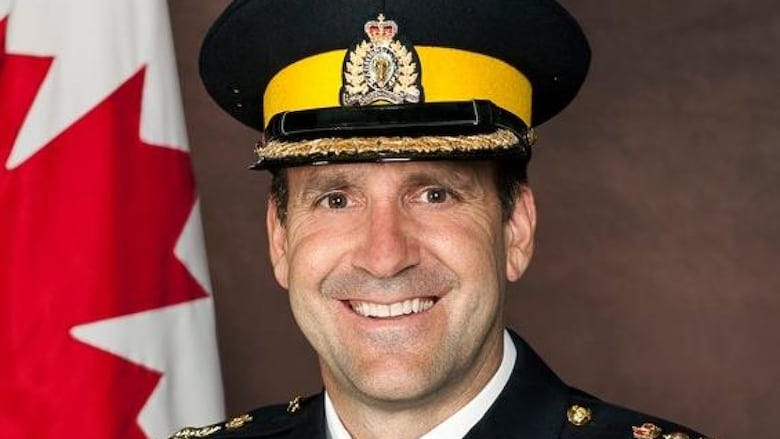
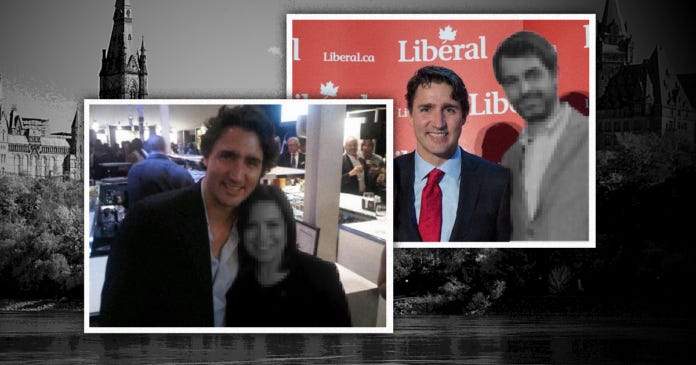
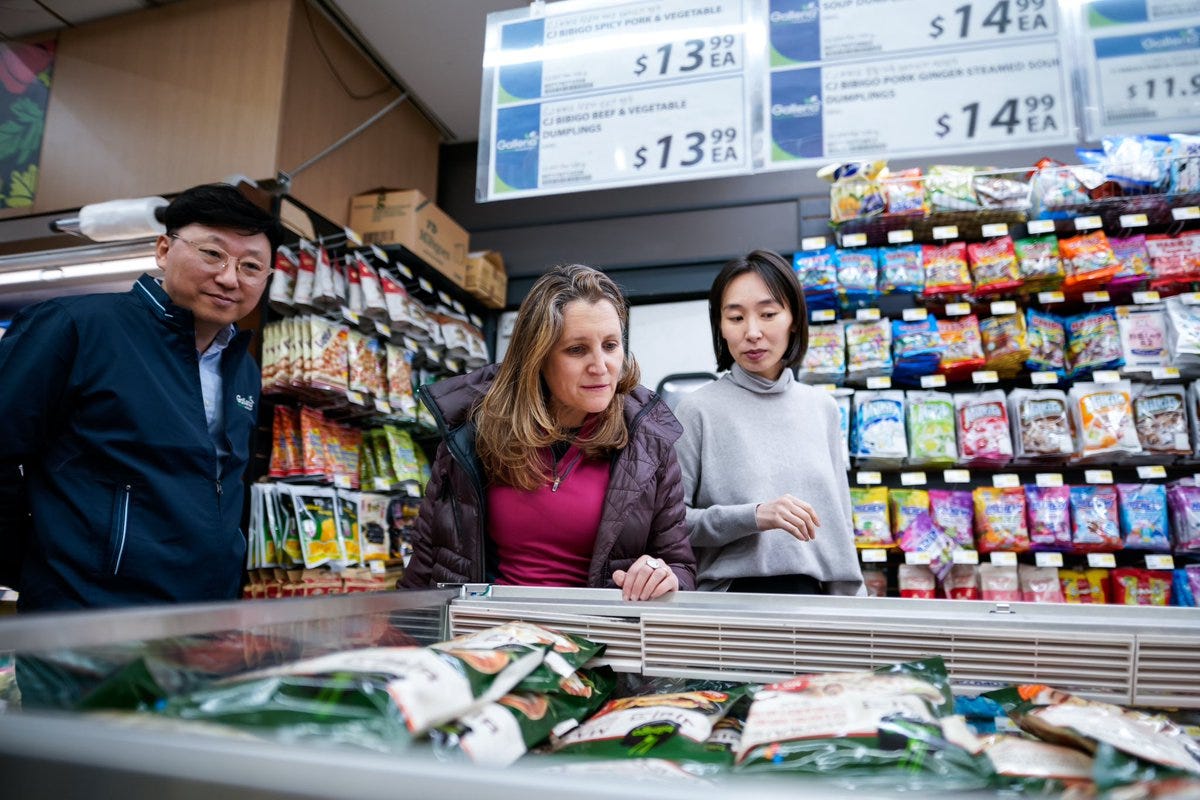

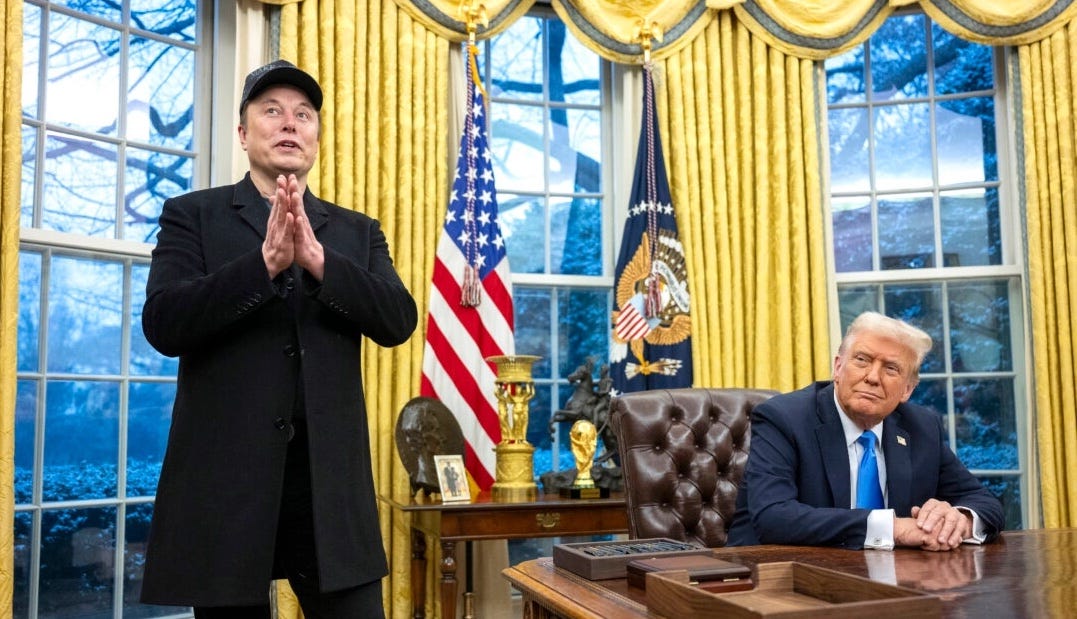


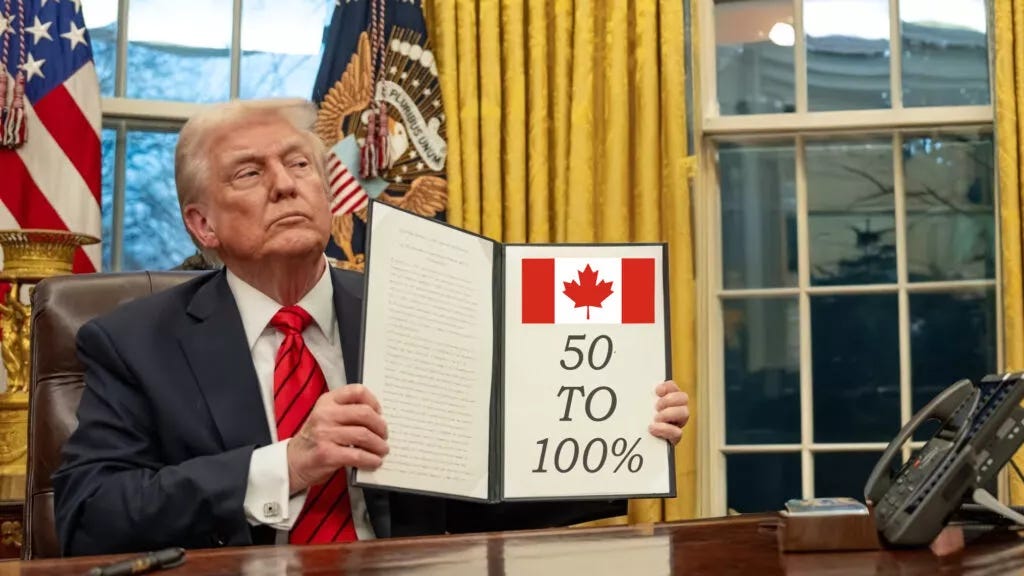

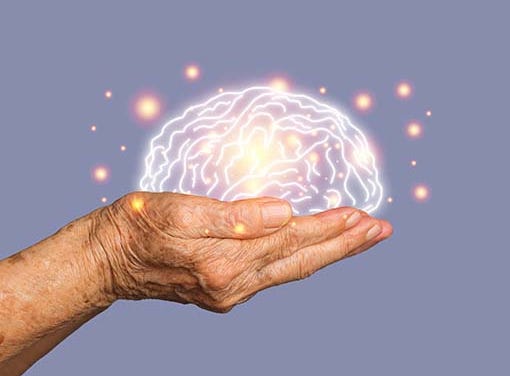



The government that legalized majuana cannot be trusted to crack down on drugs.
Devil Spawn Lady-Boy. Personified.